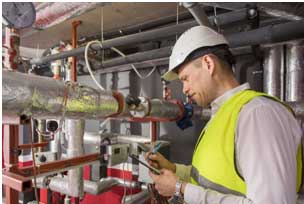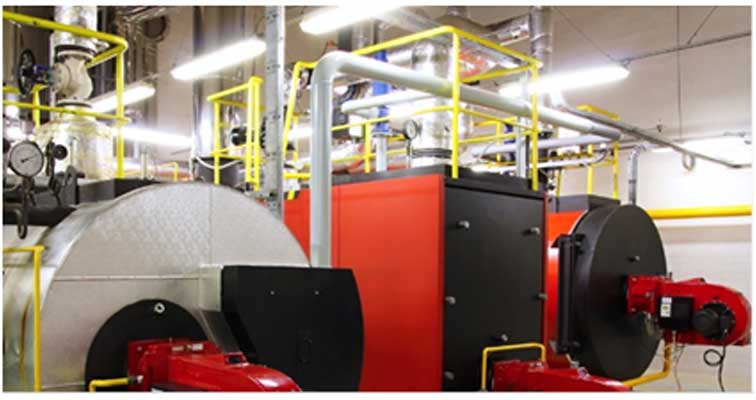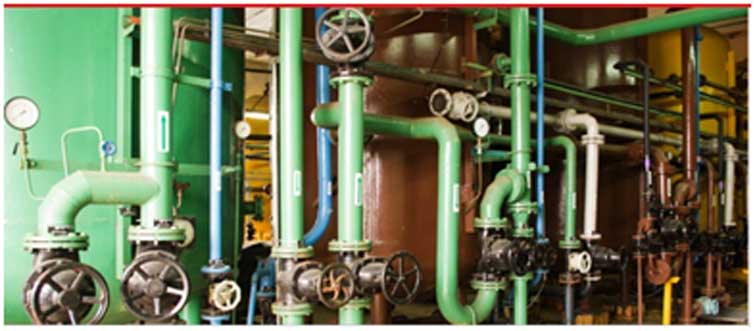- Home
- Markets
- About
- Services
- Project
- Applications
- Plant Technology
- Blog
- Contact Us
Boiler system components, and the mechanisms by which deposits form and corrosion occurs, are varied and complex. Boiler systems require effective chemical treatment and accurate monitoring and control.
CUSTOMIZED BOILER SYSTEM TREATMENT
CBIPL field engineers provide the highest level of boiler expertise available, and our specialists can offer guidance and recommendations for treating a wide range of systems, from high-pressure steam generators to hot water boilers. We offer a full line of boiler water treatment chemicals, testing, and control equipment at an economical cost. Our programs can increase system efficiency, decrease plant downtime and maintenance costs, and extend equipment life.
A steam generator water treatment program is primarily designed to keep heat transfer surfaces (boilers, condensate/feedwater systems, and, where applicable, steam turbines) free from deposition and corrosion. Boiler deposits typically contain undesirable levels of metal oxides, mineral scale, or sludge that can affect circulation and heat transfer, and initiate underdeposit corrosion. Corrosion in lower-pressure boilers is frequently the result of air ingress and dissolved oxygen concentration during unit downtimes. These phenomena often lead to failures and unscheduled shutdowns.



